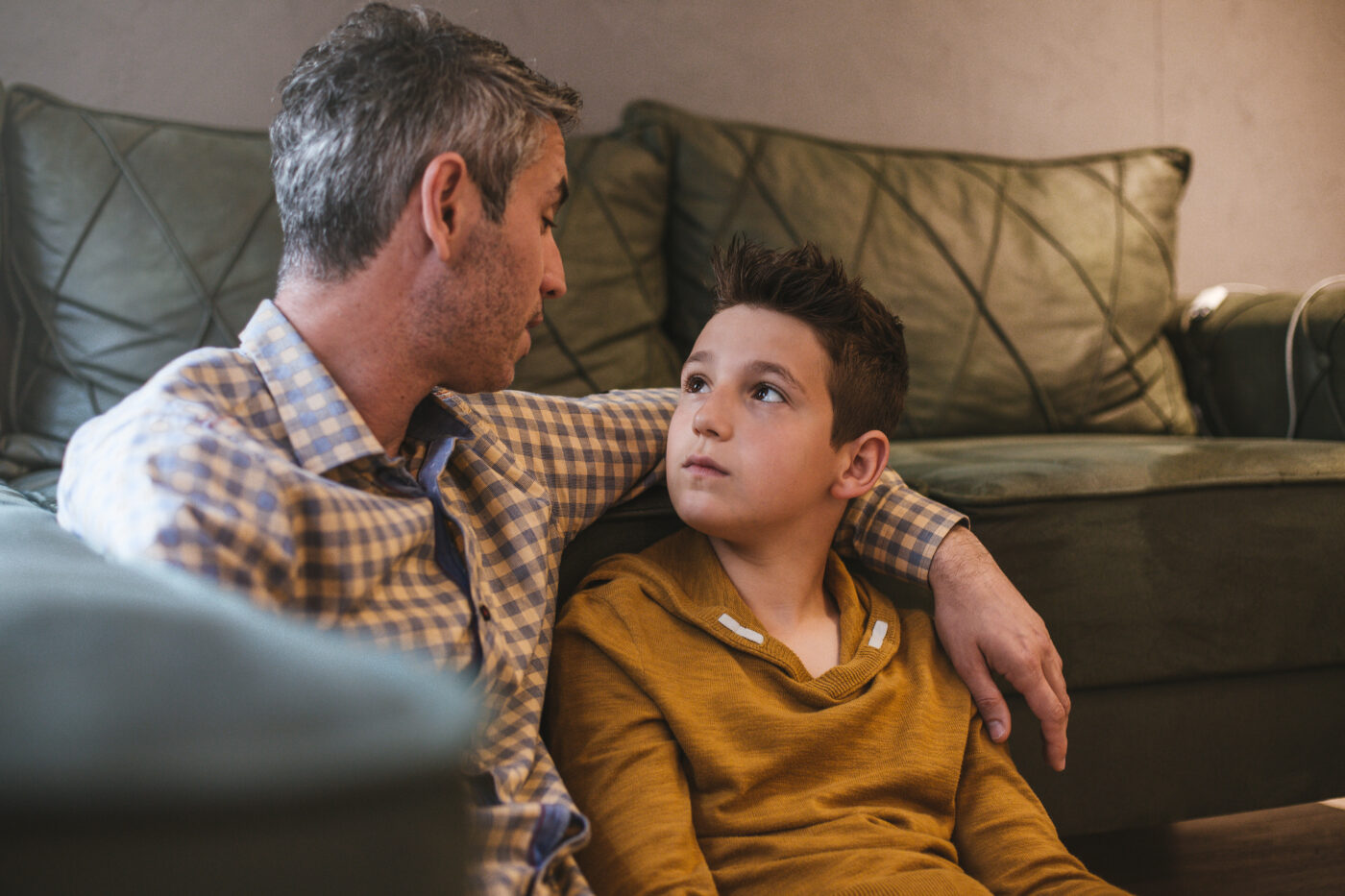I hate conflict. I have teenagers. So conflict’s going to happen, and parent teenager conflict can be especially trying. I remember years ago having an argument with one of my teens. We had given her a curfew that was earlier than all of her friends’ curfews. She was going on about how unfair it was, and I decided a great way to break the tension would be to make fun of how dramatic she was being. You can see where this is going, right? I mockingly threw my head back and said something sarcastic. Not only was this unhelpful, but to her, it was actually hurtful.
Parent teenager conflict is inevitable, but doing it badly is not. There are some tools you and I need if we’re to navigate it well. And thankfully these are tools we all can access. Here are 5 tools for fighting well with your teen.
1. Respect
Often, it’s easy to unthinkingly disrespect our teens. My mockery of my daughter is a great example. I wasn’t intentionally disrespectful, but I certainly minimized her feelings and treated her as though she shouldn’t be taken seriously. Because our teens are young, they will often behave immaturely. However, the only way to gain respect from your teen is to offer respect first. You need to commit to taking her seriously even when she comes from a place of immaturity. That’s the only way you can have a dialogue that moves somewhere productive.
2. Empathy
Sure, it’s been a minute since you were a teen. But it shouldn’t be too difficult to remember how passionate you were about things that now embarrass you. Don’t you remember how sure you were that you were right even though you now realize you were often dead wrong? In short, it shouldn’t be too difficult for you to express a little empathy for your teen. It may be painfully obvious to you that he’s acting ridiculous. But you know what that’s like. One powerful tool in parent teenager conflict is the ability to say that “I know how that feels.”
3. Good Questions
Most of us feel pretty confident we have our teens figured out. We assume we know their motives and rationale. But what if we’re wrong? What if you think she just wants control when in reality, she’s deeply insecure and your curfew means she has to leave the event early and it makes her feel singled out? Pausing to ask questions about why she’s so upset and to be genuinely curious is a critical tool for parent teenager conflict. Learning more about her doesn’t mean you have to change your decisions, but it does help you to show empathy and respect for why she feels the way she does.
4. Breathing
Our teens are pretty good at pushing our buttons. This means sometimes they get us to react emotionally when we need to be the adult in the room. When you’re in the midst of parent teenager conflict and you feel you feel your voice and your blood pressure rising, stop. Take a moment, walk away, and breathe deeply. Anger is rarely a helpful tool in navigating the conflict, but patience is invaluable. To quote Mr. Miyagi, “Remember to breathe. Very important.”
5. Humor
When parent teenager conflict is getting heated, sometimes humor can be a huge win. For example, telling a funny anecdote about a time you struggled to fit in or broke curfew or some other related topic could create a sense of empathy and connection as well as reduce the tension. The key is it can’t be humor at your teen’s expense or humor that seeks to minimize his concerns. But humor that creates connection can be a game changer.
Sound off: What are other helpful tools to use when engaging in parent teenager conflict?











Huddle up with your kids and ask, “What is one thing I do when we fight that makes things worse?”